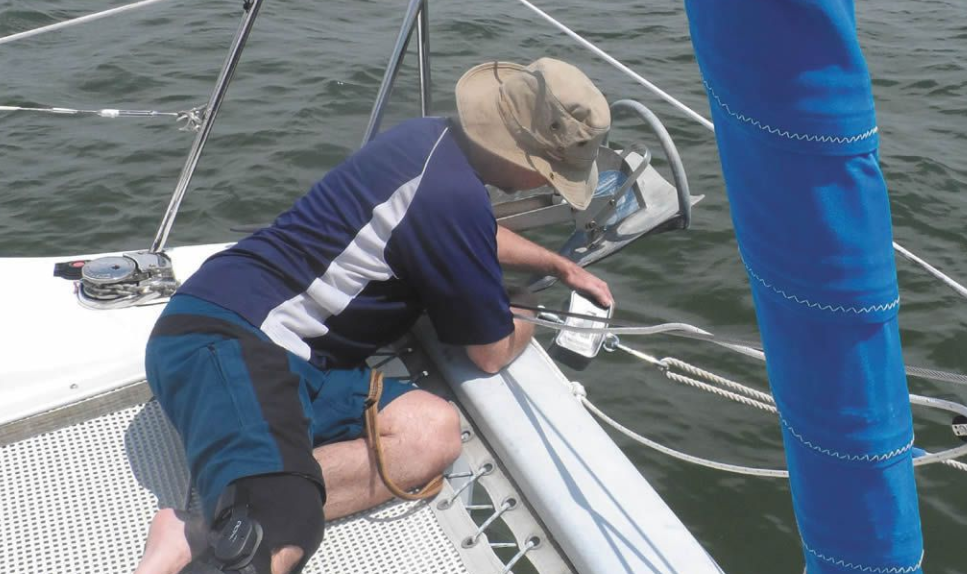Boat towing and marine activities have become integral to our leisure and commercial pursuits, yet the environmental impact of these activities often goes unnoticed. One critical aspect that demands attention is the disposal of boat anchors and propellers. Improperly discarded equipment can severely affect marine ecosystems, posing threats to biodiversity and water quality.
Galveston Bay boat towing service recognizes the significance of environmental conservation and responsible disposal practices. They advocate for proper disposal methods to safeguard marine ecosystems and promote sustainability within the boating community.
1. Ecological Disruption in Marine Habitats
The disposal of boat anchors and propellers into marine environments can disrupt delicate ecosystems. When abandoned or discarded, these metallic components can damage coral reefs, seagrass beds, and other underwater habitats. The disturbance caused by these items alters natural habitats, affecting the flora and fauna that rely on these areas for survival.
2. Hazard to Marine Wildlife
Abandoned anchors and propellers pose a direct threat to marine wildlife. Marine animals like sea turtles, dolphins, and various fish species may become entangled or injured by these discarded objects. Additionally, the rusting or corrosion of metals from improperly disposed equipment releases harmful toxins into the water, further endangering aquatic life.
3. Water Contamination and Pollution
The deterioration of discarded boat anchors and propellers leads to water pollution. Corroding metals release chemicals and heavy metals into the water, causing water contamination. This pollution not only harms aquatic life but also impacts human health as these pollutants make their way up the food chain.
4. Navigational Hazards and Boating Safety
Aside from environmental concerns, abandoned boat anchors and propellers create navigational hazards. These objects can damage other vessels, disrupt shipping lanes, or cause accidents if unsuspecting boats encounter them. Ensuring proper disposal practices not only benefits the environment but also enhances boating safety for all watercraft users.
5. Role of Responsible Disposal and Recycling
Proper disposal and recycling of boat anchors and propellers are paramount. Responsible disposal methods involve recycling metal components, selling or donating usable equipment, or utilizing designated disposal facilities. Additionally, educating boaters and marine enthusiasts about recycling and responsible disposal practices is crucial in minimizing the environmental impact.
In conclusion, the improper disposal of boat anchors and propellers has far-reaching consequences for marine ecosystems and poses serious threats to biodiversity, water quality, and boating safety. Individuals and organizations involved in marine activities must prioritize responsible disposal practices to mitigate these environmental risks.
By raising awareness, implementing proper disposal methods, and supporting initiatives that encourage recycling and responsible disposal, we can collectively reduce the environmental footprint of boat towing and safeguard our precious marine environments.
Taking proactive steps towards responsible disposal and recycling of boat anchors and propellers not only preserves marine habitats but also ensures a sustainable future for both marine life and recreational boating activities.

